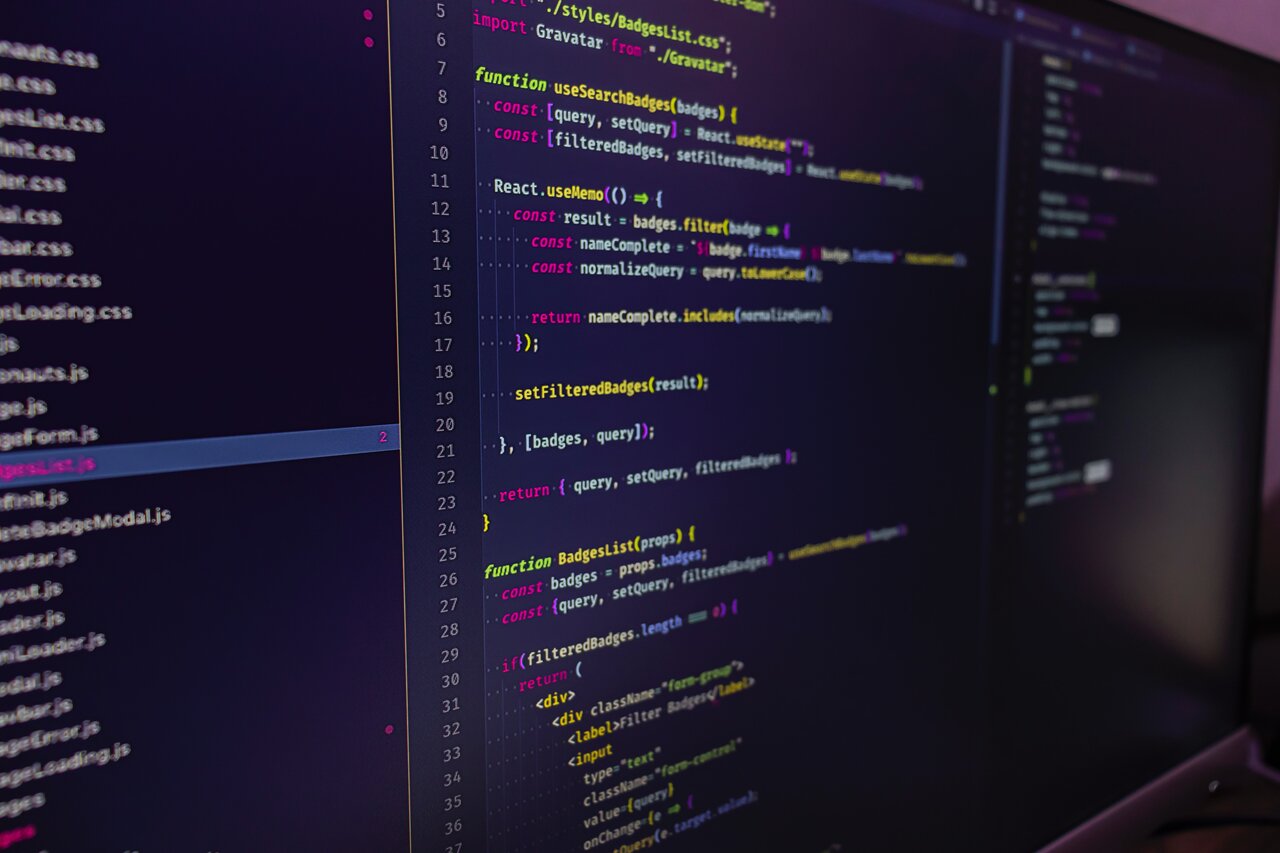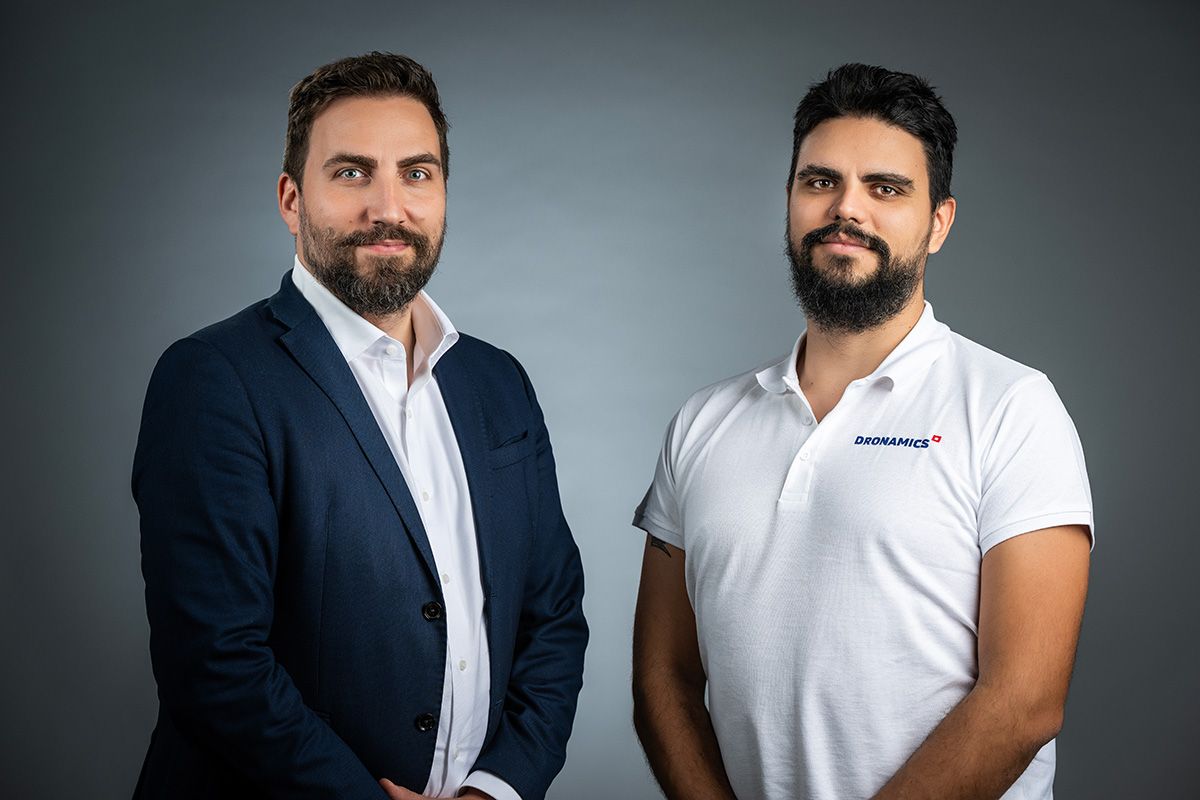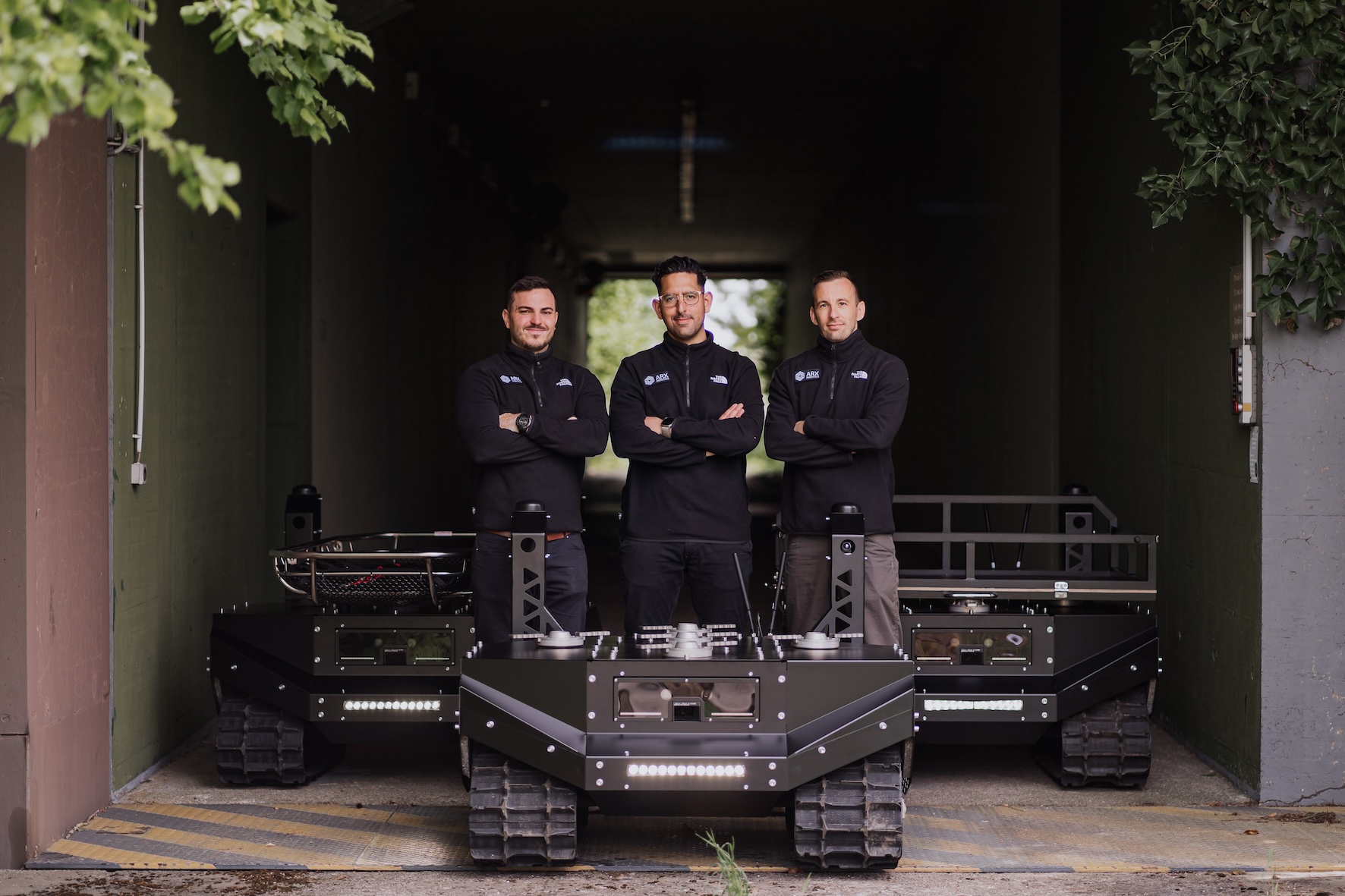AI has long been one of the greatest influences on the evolution of technology and world economies. By 2030, PwC is estimating that AI will expand the global economy by approximately $16 trillion. It’s the kind of transformational claim we’ve grown accustomed to hearing from the media.
But if you work in AI, you know the euphoria is a bit overkill. The reason? Lack of efficiency. As of now, much of the processes used to develop, test, deploy, and monitor AI models are not nearly as structured or methodical as they need to be.
That said, there is a solution that will make AI feasible at scale by removing repetitive and tedious aspects of modeling different approaches. This in turn can free up developers’ time to work on other projects and allow teams to significantly accelerate the time to market of their machine learning (ML) models. But first, let’s look at why our current reality is unsustainable and the need for more efficient processes.
Technological demands of manual intervention and challenges of code optimization
Technology demands a significant amount of manual intervention to run well in a product environment. Look at data scientists who help develop and train models as an example. It’s the manual and repetitive tasks around data preparation––around 45% of their working hours––that take up most of their time. But we know that the real value-added aspect of their work––model training, scoring, and deployment––takes up a measly 12% of their working hours.
If you ask me, code optimization is one of the most significant challenges we face in the commercialization of AI. Machine learning teams aren’t well-versed with the term “speed.” The emphasis is usually on the problem, an algorithm’s approach, and the results when we discuss successes in machine learning. There’s very little said about how much time was spent in getting to the solution. From eliminating repetitive lines of codes to restructuring processes to optimize computer or storage space, software engineers are forced to commit a significant amount of time to dissecting different models and making countless meticulous changes to optimize compute or storage resources.
Don’t get me wrong! Whether we’re talking about sense-check code to eliminate segments that could potentially introduce errors, cut back the danger of memory leaks, or preserve CPU core cycles and endless kilowatt hours of power consumption, this is unquestionably essential work. At the same time, it’s manual work. And this manual work is usually repetitive, tedious, and rarely the most effective use of human capital.
The importance of intelligent judgment
Naturally, we have to ask the question: Why are we still working this way? Why haven’t we prioritized developing systems to automate code optimization?
To be fair, the rules governing code optimization are typically nonlinear and complex. Intelligent judgment is a necessity as is the ability to navigate trade-offs between accuracy, efficiency, cost, memory, explainability, and ethics.
Let’s paint a picture with some examples:
The Speech Model
Now let’s imagine an AI model used to monitor fake news or hate speech. You’re going to need an incredibly complex model to accurately analyze the millions of messages published every second on various social media platforms. And for that, the model is likely to be just as slow as it is complex. Suddenly you’re looking at an impractical load to the system. Accuracy and speed need to be balanced.
The Trading Model
AI models are increasingly popular with high-frequency trading teams who use them to assist in decision making. Accuracy is as important as ever, but so is speed when you’re talking about trades that happen in milliseconds. A delay caused by a slow model can easily mean a lost trading opportunity. That leaves the team in a position of having to sacrifice a model’s accuracy to move faster.
An unsustainable solution
The solution thus far has been companies pouring investments into large teams of software and hardware engineers who can manually optimize code and bolster the speed of their model without sacrificing accuracy. But there’s also a growing demand to make AI more explainable, so that its processes are easily digestible and understandable for a mixed audience of laypeople and experts. That in turn forces companies to choose between making the model more resource-intensive or simply making the model more straightforward.
These trade-offs have so far made it impossible to automate the AI code optimization process. A human has always been needed to determine whether an optimization is appropriate for a specific context, whether it’s accuracy, ethics, or speed.
The future: Using AI to model different approaches
That said, there is a solution that uses AI itself to model different approaches. Based on the objectives of the company that wants to deploy the model, the code is then evaluated and optimized. Over time, the AI optimizing agent can construct a profile of what the code should look like based on your priorities and proceed to analyze code and input values into the optimization process itself.
Teams will be able to dramatically expedite the time-to-market of their ML models and increase the implementation of the technology throughout the industry with this type of multi-code optimization. This ultimately means everyone will benefit from more efficient code on top of greener, cheaper, and fairer AI.
Best of all, it’ll finally make AI feasible at scale by eliminating the most tedious and monotonous aspects of the process––and it’ll free up developers to do work that’s considerably more interesting and rewarding.






